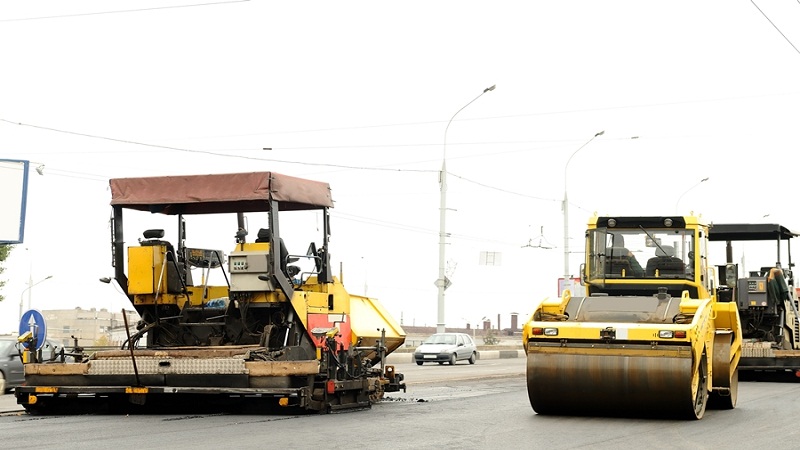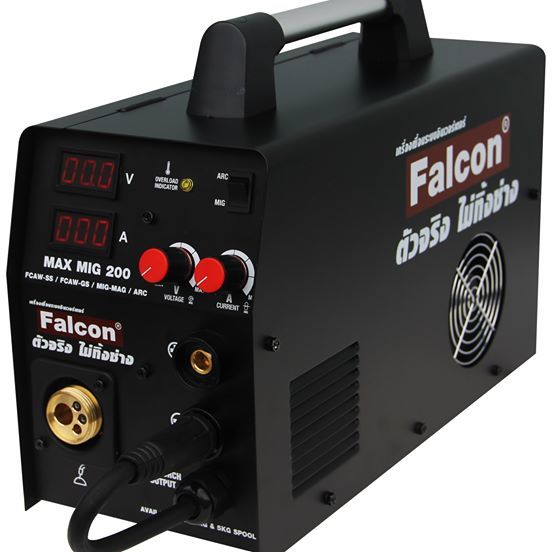You have started working on your renovation or construction project, that’s good. But how long do you think the whole procedure will go on. Well you need to know because once the Machinery is on site, you will definitely try to find a way to avoid it. Speaking of which, following are a few things you need to be careful once the powerhouse arrives.
Expect a Mess
Whenever working with a construction crew, you need to expect quality instead of perfection. The same holds true if there is some construction machinery on the site. You need to expect a mess, and lot of noise. This is not going to be a walk in the park, construction worker live their daily life with the machine and its hassles, so don’t expect them to show a soft side. Move your family away for a while.

The Contractor Calls the Shots
The job and property is yours, but the construction crew, machine and the responsibility of making your dream a reality belongs to the contractor. This is why he will call all the shots. After all, you are paying him for getting the job done just as you want. Don’t get in his way. The only reason why you should be after him is if the final product is screwed up, you are late or continuous obstructions in progress.
Your Input is Important as Well
With what we said in the above, everything is true. But this doesn’t mean the contractor has control over you just because he owns the Machinery and workers. No, this is not the case, and instead, he will be asking you for your input like where you want the machine, construction material, timing, the deadline, or any other special requirements. You are the boss here, so act like it and give the contract some room.
Understanding Construction Machinery in Renovation
When you think of construction machinery, it may bring to mind massive bulldozers on highways or tall cranes at skyscraper sites. But machinery plays an equally important role in home renovation. From small-scale projects to full property construction, machinery ensures speed, precision, and efficiency.
Unlike manual labor, which takes time and energy, machines help complete tasks that would otherwise take weeks in just a matter of days. This is why once machinery arrives on-site, things start moving at a much faster pace.
Common Types of Construction Machinery You May See
Even in residential projects, different types of construction machinery are used. Here are some you might encounter:
Excavators
These are versatile machines with a long arm and a bucket. They dig foundations, trenches, or even swimming pools. For home projects, smaller excavators are often used.
Bulldozers
Known for their strength, bulldozers move large amounts of soil, sand, or debris. They are common in projects that involve clearing a lot of land before construction begins.
Backhoe Loaders
A mix between a tractor and excavator, backhoes are handy for digging, lifting, and moving materials. They’re great for medium-sized renovation projects.
Concrete Mixers
Essential for any project involving concrete. They ensure a smooth, well-mixed batch, saving you the trouble of mixing manually.
Cranes
Though not always used in small projects, cranes come in handy when lifting heavy materials to higher floors or rooftops.
Compactors
These are used to flatten and compress soil, gravel, or asphalt, making sure the ground is solid enough to build on.
Dump Trucks
They transport construction waste, soil, sand, and other heavy loads in and out of your property.
The Mess and Noise Factor
One of the first things homeowners notice when construction machinery arrives is the noise and clutter. It’s not just dust; it’s vibrations, fuel smells, and heavy activity. Expect your garden, driveway, or yard to become a temporary parking lot for machines and equipment.
Tips to handle this stage:
-
Move valuables or delicate items away from the site.
-
Consider staying elsewhere if the noise is unbearable.
-
Inform neighbors about expected construction activity.
-
Use dust covers and protect your interiors.
Safety First Around Construction Machinery
While contractors and crews are trained to use machinery, homeowners must also be cautious. Construction machinery is powerful, and accidents can happen if safety rules are ignored.
Safety measures you can take:
-
Keep children and pets away from the site.
-
Never walk too close to operating machines.
-
Wear protective gear if you need to step on-site.
-
Trust the contractor’s crew to handle the machinery safely.
The Role of the Contractor
As highlighted earlier, the contractor calls the shots. That’s because operating heavy machinery requires experience and planning. From scheduling equipment delivery to deciding when each machine will be used, contractors ensure that machinery is used efficiently.
Your role is not to direct the operator but to share your preferences, deadlines, and concerns. A good contractor will balance your input with professional decisions.
Budgeting for Construction Machinery
One often-overlooked aspect of renovation planning is machinery cost. Even if you’re not directly paying for a crane or excavator, the cost is usually included in your contractor’s bill.
Things to keep in mind about machinery costs:
-
Specialized machines may increase overall project costs.
-
Delays can raise costs since machinery is often rented by the day.
-
Maintenance and fuel charges may be factored in by the contractor.
If you’re on a tight budget, discuss with your contractor which machines are absolutely necessary and which tasks could be done manually.
Modern Innovations in Construction Machinery
Today’s construction machinery is smarter, safer, and more eco-friendly. Some companies are introducing electric excavators, solar-powered machines, and noise-reduction technology. These innovations make machinery less disruptive for residential neighborhoods.
Additionally, GPS tracking and automation allow for better precision, reducing errors and wasted resources. This means faster completion times and less stress for homeowners.
Your Input Matters
Even though the contractor operates the machines, your voice counts. From setting working hours to deciding where trucks can park, your input ensures machinery use doesn’t interfere too much with your daily life. Being proactive and communicative helps avoid misunderstandings.
Conclusion
Construction machinery is the backbone of modern renovation and building projects. While it may bring noise, dust, and temporary inconvenience, it also speeds up progress and ensures professional results. By understanding the types of machinery, respecting the contractor’s role, and giving your input where needed, you can make the entire process smoother.
FAQs
What is the most common construction machinery used in home renovations?
Excavators, backhoes, and concrete mixers are the most commonly used in residential projects.
How can I reduce the mess caused by construction machinery?
Use dust sheets, seal off rooms, and consider temporary relocation if possible.
Who pays for construction machinery?
Usually, the contractor includes it in the overall project cost. It’s rarely charged separately unless requested by the homeowner.
Is construction machinery safe around my property?
Yes, as long as trained professionals handle it and safety guidelines are followed. Always keep children and pets away.
Are there eco-friendly construction machinery options?
Yes, many modern machines now use electric engines or fuel-efficient technology to reduce pollution and noise.

My name is Author Name. I post about home improvement ideas and how to make your home look beautiful and liveable. I hope my posts will help you with your DIY projects!


